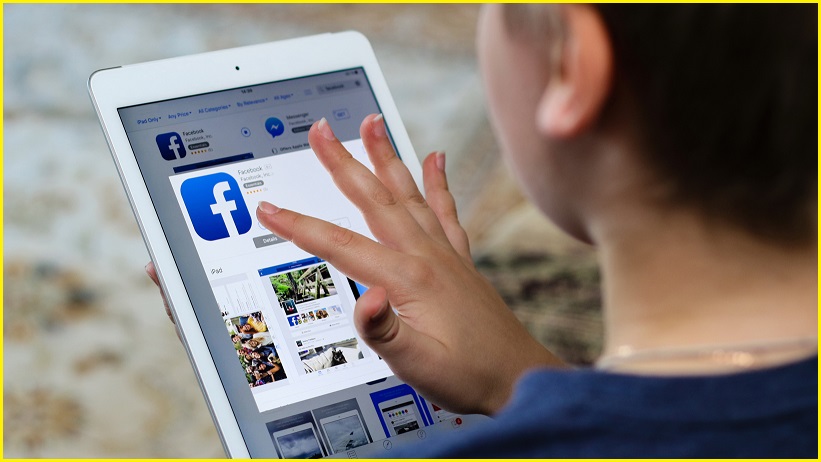Data protection advocates have revealed children are opting in to social media apps without realising they’re giving away their privacy in the process.
Reset Australia’s report, Did we really consent to this?, ranks the ease of understanding a minor could have reading the terms and conditions on 10 video streaming, online gaming, messaging and social media services.
It lifts the lid on data collection and use, and asks if the terms and conditions (T&Cs) are providing informed consent, or not.
The report reveals that the terms for use require tertiary level reading skills, and would take an average of one hour and 46 minutes to read, yet children as young as 13 are allowed to sign up to hugely popular apps such as Snapchat, Tik Tok and Instagram
The apps surveyed nudge kids to agree to these terms and conditions, and are easy to skip over without making any effort to explain what they’re signing up to.
For example, six platforms inferred consent when users click ‘next’, and six present data maximising options as the best user experience, the report reveals.
In fact, 10 of the most popular digital services accessed by young people in Australia are lengthy and complex, and deploy design techniques that nudge users to act against their own best interest.
“Given the heavy investment in design, copy and user experience across every other aspect of these platforms and services, it’s hard not to be cynical about this,” the report reveals.
It also found that less than a third of young users say they understand T&Cs, raising questions about whether young people meaningfully consented to the ways their data is currently being collected and used by digital platforms.
It reveals that only 4 per cent of 16 to 17 year-olds always read the T&Cs, 13 per cent read them most of the time, 38 per cent read them some of the time, while 45 per cent of young people never read T&Cs.
In terms of understanding, just seven per cent of 16 and 17 year-olds are confident they understood everything they agreed to in the T&Cs, 21 per cent are quite confident, 41 per cent are only a little bit confident, and 20 per cent of young people admit they didn’t understand any of it.
The other 10 per cent reveal they didn’t even know.
Ads targeting kids on Facebook
Meanwhile, in a recent experiment, Reset Australia revealed that Facebook is allowing advertisers to target teenage profiles based on a range of interests, from smoking, alcohol, extreme weight loss, dating status and gambling.
It’s a huge concern given that the Office of the eSafety Commissioner estimates that 83 per cent of young people aged eight to 17 use YouTube. And as kids spend even greater time online (particularly during all the COVID-19 lockdowns over the past 18 months), more of their data is being harvested.
The Office of the Australian Information Commissioner (OAIC) says children’s right to privacy and the protection of their personal data is expected among the community in its 2020 Australian Community Attitudes to Privacy Survey.
The survey found that privacy is a major concern for 70 per cent of us, while 87 per cent want more control and choice over the collection and use of their personal information. Parents in particular are concerned about their children’s privacy, even more than their own privacy.
The solution
The Reset Australia report is calling on authorities to ensure that T&Cs are presented in a way that ensures young people under 18 years of age meaningfully consent to their data being collected and used by digital platforms.
A strong code that protects children’s data would create requirements for service providers to ensure data isn’t used without clear consent, so T&Cs would have to be read and understood.
A similar data code has already been passed in the UK and is on its way in Ireland.
It is not known if the government will act on the report. Whether or not the Privacy Act, which is currently under review, will include changes to data privacy for young people is yet to be seen.










